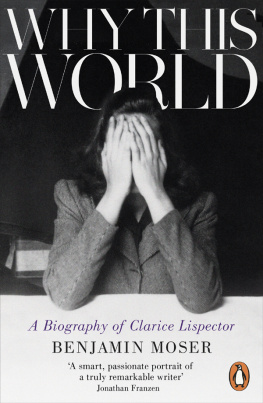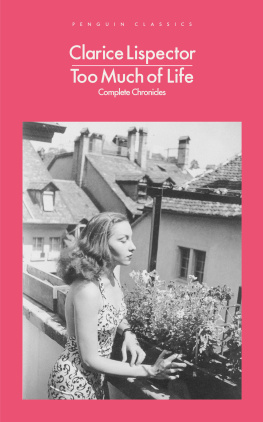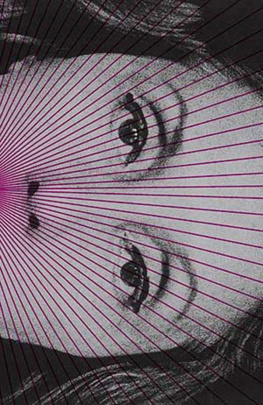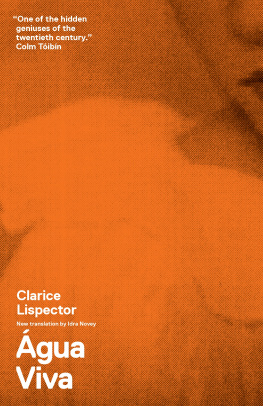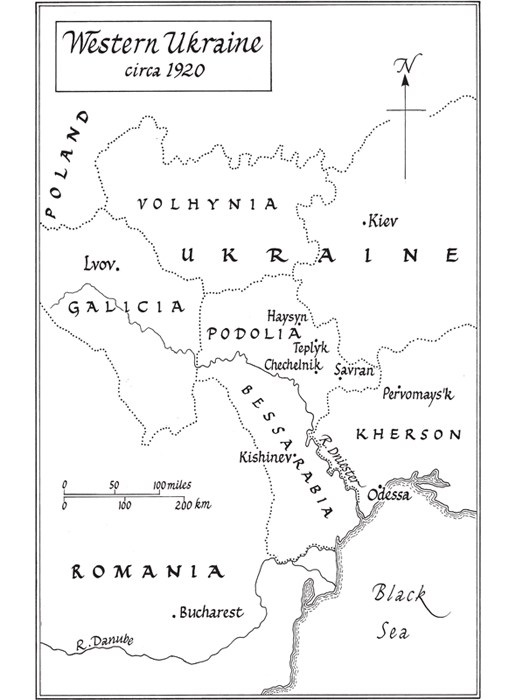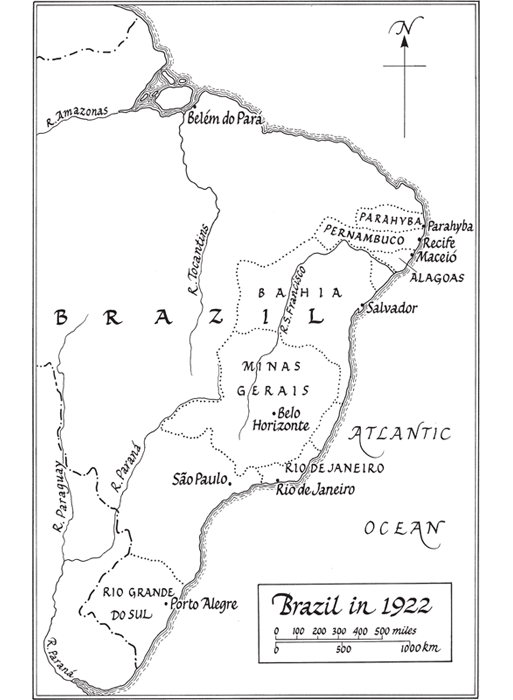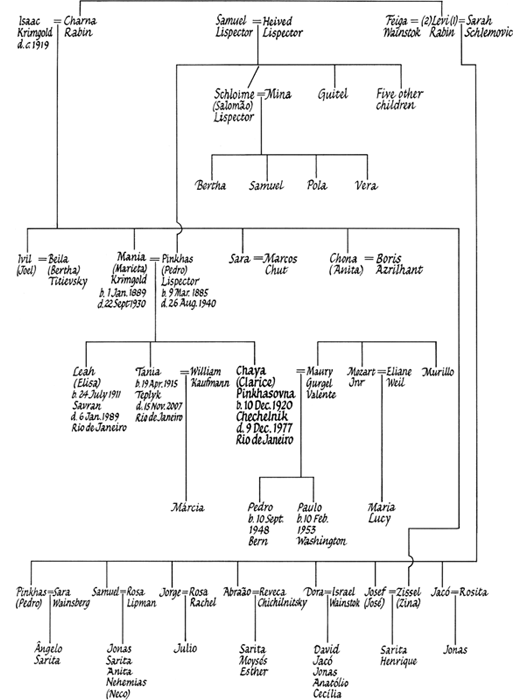PENGUIN BOOKS
Published by the Penguin Group
Penguin Books Ltd, 80 Strand, London WC2R 0RL, England
Penguin Group (USA) Inc., 375 Hudson Street, New York, New York 10014, USA
Penguin Group (Canada), 90 Eglinton Avenue East, Suite 700, Toronto, Ontario, Canada M4P 2Y3 (a division of Pearson Penguin Canada Inc.)
Penguin Ireland, 25 St Stephens Green, Dublin 2, Ireland (a division of Penguin Books Ltd)
Penguin Group (Australia), 707 Collins Street, Melbourne, Victoria 3008, Australia (a division of Pearson Australia Group Pty Ltd)
Penguin Books India Pvt Ltd, 11 Community Centre, Panchsheel Park, New Delhi 110 017, India
Penguin Group (NZ), 67 Apollo Drive, Rosedale, Auckland 0632, New Zealand (a division of Pearson New Zealand Ltd)
Penguin Books (South Africa) (Pty) Ltd, Block D, Rosebank Office Park, 181 Jan Smuts Avenue, Parktown North, Gauteng 2193, South Africa
Penguin Books Ltd, Registered Offices: 80 Strand, London WC2R 0RL, England
www.penguin.com
First published in the United States of America by Oxford University Press 2009
First published in Great Britain by Penguin Books 2014
Copyright Benjamin Moser, 2009
The dingbat used in the interior is taken from the first edition of Clarice Lispectors first novel, Perto do corao selvagem, published by A Noite Editora, Rio de Janeiro, December 1943.
Cover: Clarice Lispector photographed by Bluma Wainer, Paris 1946.
All rights reserved
ISBN: 978-0-141-97600-6
PENGUIN BOOKS
WHY THIS WORLD
Benjamin Moser was born in Houston in 1976 and currently lives in the Netherlands. He is a contributor to the The New York Review of Books, and he has written for Vogue, TLS and the Guardian.
THE BEGINNING
Let the conversation begin...
Follow the Penguin Twitter.com@penguinukbooks
Keep up-to-date with all our stories YouTube.com/penguinbooks
Pin Penguin Books to your Pinterest
Like Penguin Books on Facebook.com/penguinbooks
Find out more about the author and
discover more stories like this at Penguin.co.uk
To Arthur Japin and Lex Jansen
Cleanse thy clothes, and if possible, let all thy garments be white, for all this is helpful in leading the heart towards the fear of God and the love of God. If it be night, kindle many lights, until all be bright. Then take ink, pen and a table to thy hand and remember that thou art about to serve God in joy of the gladness of heart. Now begin to combine a few or many letters, to permute and to combine them until thy heart be warm. Then be mindful of their movements and of what thou canst bring forth by moving them. And when thou feelest that thy heart is already warm and when thou seest that by combinations of letters thou canst grasp new things which by human tradition or by thyself thou wouldst not be able to know and when thou art thus prepared to receive the influx of divine power which flows into thee, then turn all thy true thought to imagine the Name and His exalted angels in thy heart as if they were human beings sitting or standing about thee.

ABRAHAM ABULAFIA
(1240after 1290)
Introduction: The Sphinx
In 1946, the young Brazilian writer Clarice Lispector was returning from Rio de Janeiro to Italy, where her husband was vice consul in Naples. She had traveled home as a diplomatic courier, carrying dispatches to the Brazilian Ministry of Foreign Relations, but with the usual routes between Europe and South America disrupted by the war, her journey to rejoin her husband followed an unconventional itinerary. From Rio she flew to Natal, on the northeastern tip of Brazil, then onward to the British base at Ascension Island in the South Atlantic, to the American air station in Liberia, to the French bases in Rabat and Casablanca, and then via Cairo and Athens to Rome.
Before each leg of the trip, she had a few hours, or days, to look around. In Cairo, the Brazilian consul and his wife invited her to a cabaret, where they were amazed to see the exotic belly dance performed to the familiar strains of a hit of Rios 1937 Carnival, Carmen Mirandas I Want Mommy.
Egypt itself failed to impress her, she wrote a friend back in Rio de Janeiro. I saw the pyramids, the Sphinxa Mohammedan read my palm in the desert sands and said I had a pure heart. Speaking of sphinxes, pyramids, piasters, its all in horribly bad taste. Its almost immodest to live in Cairo. The problem is trying to feel anything that hasnt been accounted for by a guide.
Clarice Lispector never returned to Egypt. But many years later she recalled her brief sightseeing tour, when, in the desert sands, she stared down no one less than the Sphinx herself.
I did not decipher her, wrote the proud, beautiful Clarice. But neither did she decipher me.
In Brazil today, her arresting face adorns postage stamps. Her name lends class to luxury condominiums. Her works, often dismissed during her lifetime as hermetic or incomprehensible, are sold in vending machines in subway stations. The Internet is alight with hundreds of thousands of her fans, and a month rarely goes by without the appearance of a book examining one side or another of her life and work. Her first name is enough to identify her to educated Brazilians, who, a Spanish publisher noticed, all knew her, had been to her house, and have some anecdote to tell about her, as the Argentines do with Borges. Or at the very least they went to her funeral.
The French writer Hlne Cixous declared that Clarice Lispector was what Kafka would have been had he been a woman, or if Rilke had been a Jewish Brazilian born in the Ukraine. If Rimbaud had been a mother, if he had reached the age of fifty. If Heidegger could have ceased being German.

